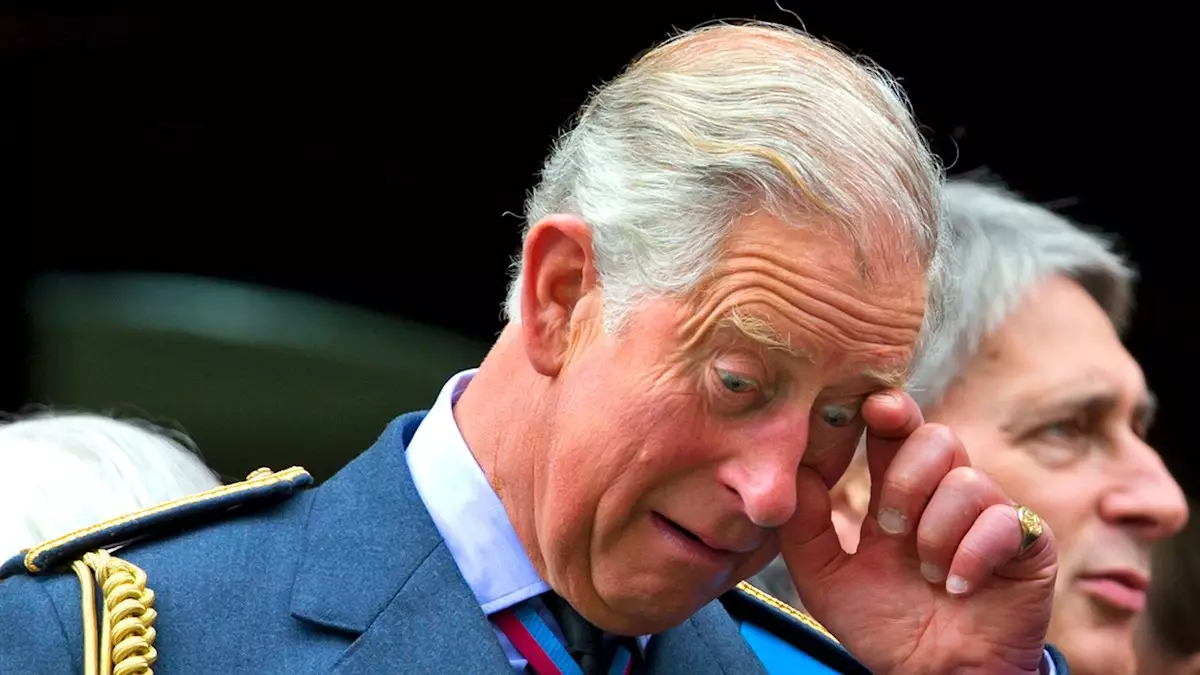King Charles’ battle with cancer, made public last year, brought to light the intricate relationship between the royal family and their medical practitioners. Despite Buckingham Palace’s initial decision to keep the details of the King’s health care team private, there has been a gradual unveiling of the professionals devoted to his care. The royal household’s attempts to maintain a veil of secrecy regarding the names and qualifications of those treating the monarch have only slightly succeeded, especially following the King’s New Year Honours list where two significant medical figures were honored publicly.
Recognition of Medical Excellence
In a surprising turn for royal tradition, King Charles acknowledged the dedication of Dr. Douglas Glass and Professor Richard Leach during the 2025 Honours List. Recognized with the Royal Victorian Order (RVO), these individuals symbolize not just personal healthcare but a historical relationship with the monarchy itself. Dr. Glass, who previously served as the apothecary to Queen Elizabeth II, was notably present during her final moments, making his role within the household particularly poignant. Conversely, Professor Leach serves at King Edward VII’s Hospital and has a long-standing history of providing care to the royal family, emphasizing a continuum of trusted medical expertise.
The realm of royal medicine has undergone transformations, highlighting the importance of both tradition and modernity in healthcare practices. While the recognition of long-serving medical staff has historical precedence, King Charles’ choices reflect a trend toward acknowledging the personal contributions of those tasked with his well-being. Indeed, this is not without precedent; under Queen Elizabeth II, her trusted medical advisers were similarly recognized for their dedication, illustrating a deep-rooted tradition of valuing the health professionals close to the monarchy.
Additionally, the appointment of Dr. Michael Dixon as the head of the Royal Medical Household signals a shift in perspectives regarding healthcare philosophies within the royal family. A GP with over five decades of experience, Dr. Dixon’s interest in complementary and alternative medicine has garnered mixed reactions. The Palace’s clarification regarding his views on homeopathy—specifically that he does not promote its use as a cure for cancer—demonstrates a careful balance of traditional and contemporary medical practices within the monarchy’s healthcare approach.
As King Charles navigates his health journey, his choices regarding medical advisors reflect broader themes in modern medicine that cater to patient preferences and integrated approaches to treatment. The blend of conventional and complementary therapies has gained traction in patient care, although it remains imperative that such therapies are underpinned by evidence-based practices. This appears to be in alignment with King Charles’ established views, as his perspective on healthcare has always underscored the importance of patient choice and holistic treatment options.
The evolution of King Charles’ medical team symbolizes a nuanced approach to healthcare within the monarchy. By balancing the legacy of historical practices with modern evidence-based medicine, the royal family not only addresses the immediate health needs of its members but also engages in a broader conversation about health, wellness, and the role of patient agency in medical care.


Leave a Reply